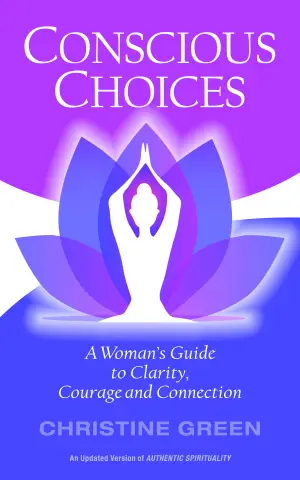As a longtime horror enthusiast, I’m always on the lookout for stories that truly resonate with the genre’s potential to chill and thrill—I was therefore intrigued by the premise of Intercepts. The description hinted at dark themes involving human experimentation and the government’s quest to unlock the hidden potentials of the human mind. Given the current climate of ethical inquiries into technology and psychology, I was eager to see how these themes would unfold.
From the very first page, I was drawn into Joe’s world—a worker at a facility conducting harrowing human experiments, only to find his professional life spilling into chaos at home. The emotional pull of Joe’s conflicting duties had me questioning the morality of his actions, much like Maria, who enjoyed the emotional tug-of-war within the narrative. Readers will definitely find themselves rooting for Joe to seek justice despite his precarious situation.
The characters are certainly one of the strengths of this novel! Each one is carefully crafted, showing distinct personalities that react realistically under pressure. Ethon O’Brien’s review pointed out the believable portrayal of anxiety, which I wholeheartedly agree with—moments like Hannah’s struggles in the break room were particularly striking. Adding to that, the villain, Bishop, oozed a creepy charm that left me unsettled yet fascinated.
However, despite the solid character work, the story isn’t without its weaknesses. One of the more significant drawbacks lies in the pacing and some narrative choices. Bob Lewis touched on this, arguing that while the premise is fresh, the characters often felt underdeveloped and the plot predictable. I found myself recognizing this, especially in the latter sections of the book. The emotional arc of the father/daughter relationship sometimes overshadowed broader ethical questions, leaving a bit of philosophical exploration on the table.
Moreover, while the tension was palpable at moments, there were times when the storyline veered into areas that felt overly familiar, lacking the fresh twists one hopes for in horror. For instance, the description of Joe’s sun-heated pickup felt redundant—something I couldn’t help but notice. While minor inconsistencies like this didn’t detract significantly from the story, they were enough to slightly reduce my immersion.
On the flip side, the ending caught me off guard in the best way. I enjoyed how it wrapped up various character arcs while revealing new layers to the story. It was the type of conclusion that left me both satisfied and pondering, which is what you want in a good horror novel. The overall writing style, marked by dynamic and engaging prose, kept me invested in the storyline, making it an easy read that flowed nicely.
Overall, I would rate Intercepts at about 4.5 stars. It’s a gripping tale that holds your attention from beginning to end, featuring well-developed characters and an engaging plot that blends horror and sci-fi elements effectively. While it doesn’t match the sheer originality I’m eager for in horror, the emotional weight of the story carries it through, making it a worthy addition to any horror lover’s reading list.
In conclusion, if you’re looking for a chilling read steeped in moral dilemmas and emotional turmoil, Intercepts is a solid choice. It might not keep you up at night in fear, but it will certainly make you think—and that’s just as valuable in the realm of horror. Enjoy this journey into the dark and twisted corners of the human mind!
Discover the chilling depths of fear in Intercepts: A Horror Novel and unravel its haunting mysteries.
>>








